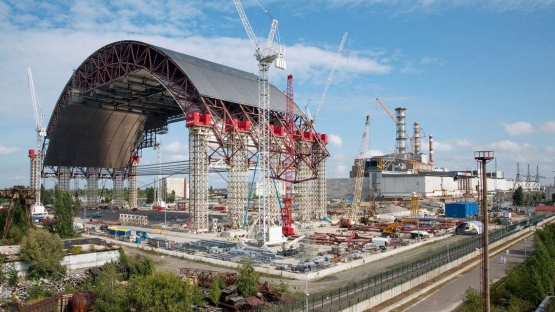The IAEA has launched a new project aimed at benefiting from the experiences gained from the challenges of decommissioning and remediating damaged nuclear facilities. The project is one of the responses of the Agency towards increased nuclear safety under the IAEA Nuclear Safety Action Plan that was unanimously adopted by IAEA Member States following the 2011 accident at the Fukushima Daiichi Nuclear Power Plant.
The International Project on Decommissioning and Remediation of Damaged Nuclear Facilities, or the DAROD project in short, will run for three years. The project was launched at an inaugural Vienna meeting from 19 to 23 January 2015, with the participation of 35 international experts from 19 IAEA Member States.
"The key to meeting the objective of learning and benefiting from past experiences will be to disseminate practical information of various stakeholders, who have a lot to share," said the Chair of the project, George Dolinar, from Canadian Nuclear Laboratories. Stakeholders that are involved in the post-emergency phase after an accident has been declared over include regulators, operators, governments and the public.
"There is little doubt that decommissioning of accident-damaged nuclear facilities is the most challenging of decommissioning problems," said Denis Flory, IAEA Deputy Director General and Head of the Department of Nuclear Safety and Security, in his opening address to the meeting. "For those confronted with this challenge it would be most beneficial to have resources available for dealing with this decommissioning situation," he added. "These resources would include the important lessons learnt from the past, and how conventional roles of policy makers, regulators, and technical organizations can be exercised."
Juan Carlos Lentijo, Director of the Division of Nuclear Fuel Cycle and Waste Technology, at the IAEA Department of Nuclear Energy, said that potential benefits from taking a worldwide approach to decommissioning included facilitating access to managerial skills, technologies and human expertise that otherwise might not be available in a particular Member State.
"Better mechanisms for sharing of information are likely to be an important element of achieving faster progress with decommissioning programmes in future," he said. "This is especially important for the facilities in decommissioning after a nuclear or radiological accident."


